Blog
-
Hospice vs Palliative Care: What’s the Difference?
- Posted by:
- Category: Blog
No Comments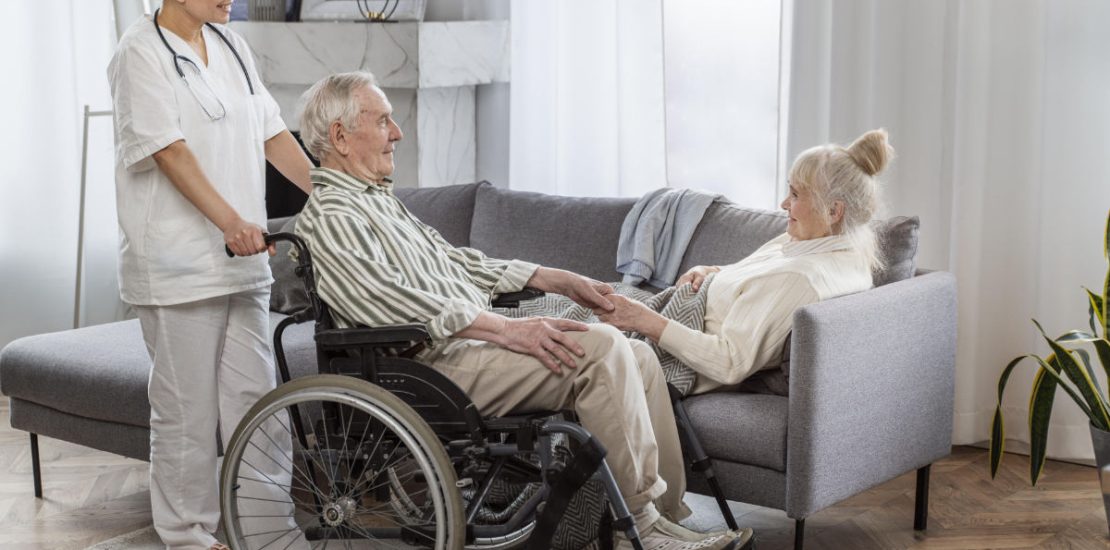
-
Helping Your Senior Loved One Through the Holidays
- Posted by:
- Category: Blog

-
Observations to Note When Visiting Loved Ones
- Posted by:
- Category: Blog
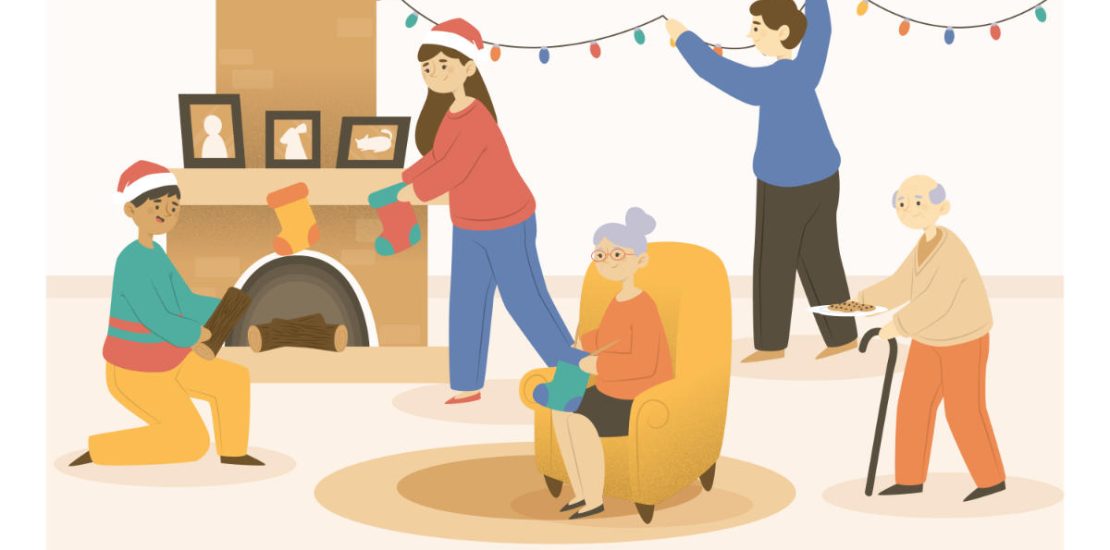
-
An Alzheimer’s Fourth of July
- Posted by:
- Category: Blog

-
Let’s Be SMART – a Good Way to Stop Medicare Fraud
- Posted by:
- Category: Blog

-
Combatting dehydration
- Posted by:
- Category: Blog

-
Dementia and finances
- Posted by:
- Category: Blog
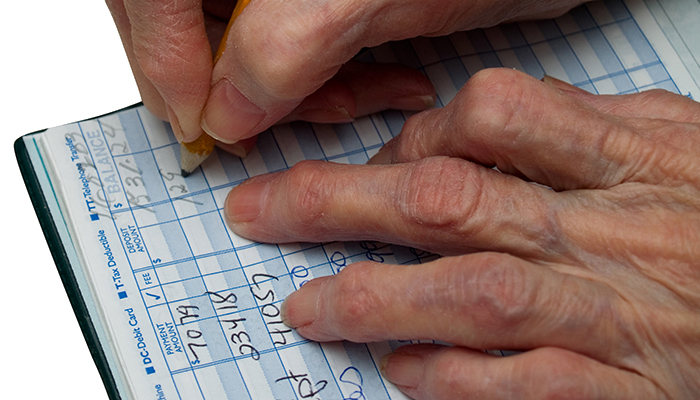
-
The “Sandwich Generation”
- Posted by:
- Category: Blog
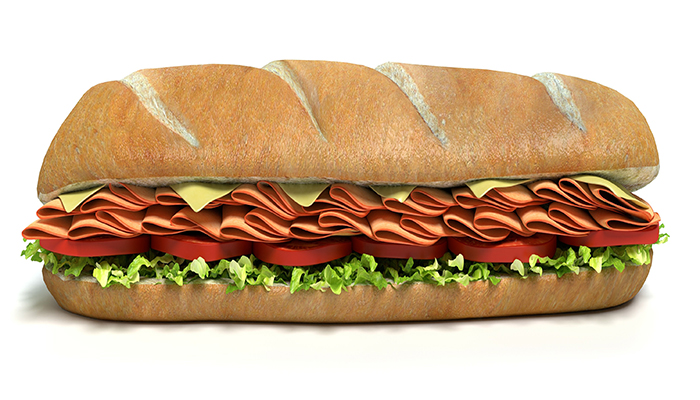
-
Swollen legs and feet
- Posted by:
- Category: Blog
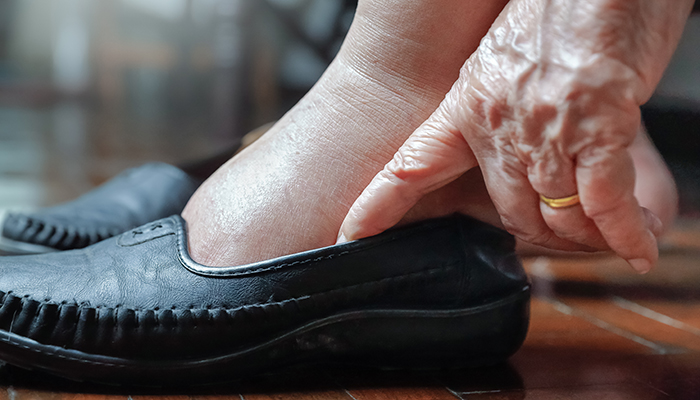
-
Does brain training work?
- Posted by:
- Category: Blog
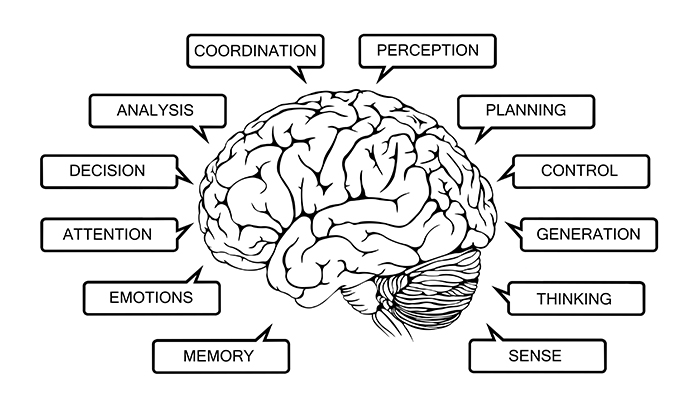
-
Understanding the rhythm of a disease
- Posted by:
- Category: Blog

-
Text message scamming: “Smishing”
- Posted by:
- Category: Blog

-
Caregiving with kids
- Posted by:
- Category: Blog
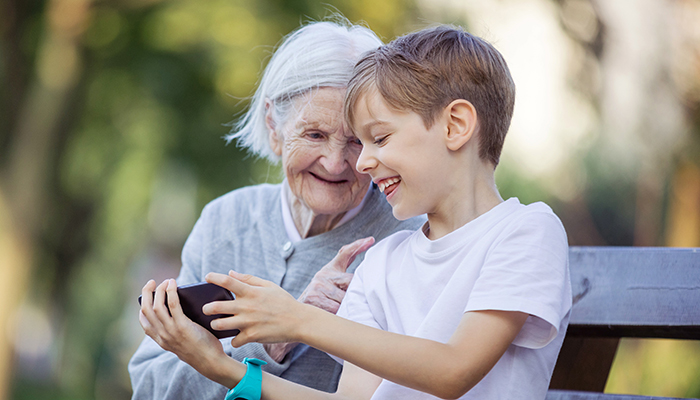
-
Living with cancer as a chronic condition
- Posted by:
- Category: Blog
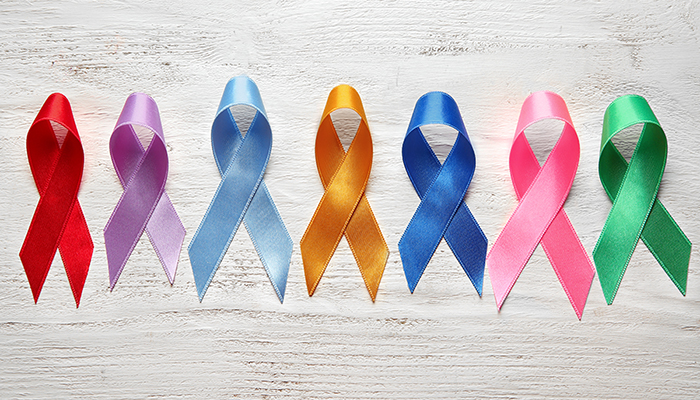
-
Primary care providers
- Posted by:
- Category: Blog

-
Cooking tips for the visually impaired
- Posted by:
- Category: Blog
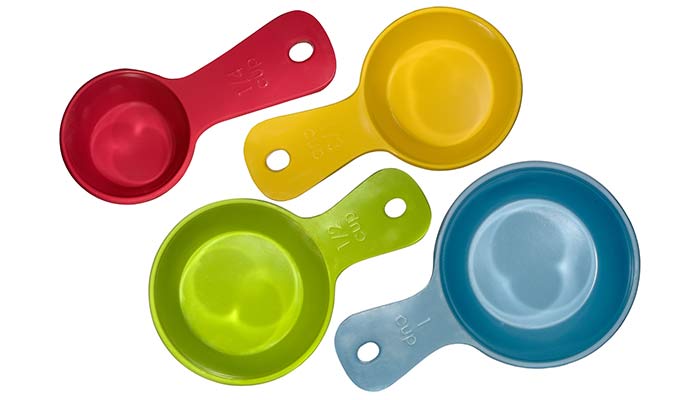
-
Interrupt the stress cycle with deep breathing
- Posted by:
- Category: Blog

-
Organ donation
- Posted by:
- Category: Blog

-
Should Dad move in?
- Posted by:
- Category: Blog

-
The journey of late life
- Posted by:
- Category: Blog

-
“Chemobrain”
- Posted by:
- Category: Blog


